On the 50th Earth Day, it’s long past time to recognize that this overcrowded planet has run out of room to cut us any slack. By Alan Weisman Originally published in the Boston Globe Magazine, April …
Special Projects
Is the coronavirus pandemic Mother Nature’s revenge?
Special Projects
Is the coronavirus pandemic Mother Nature’s revenge?
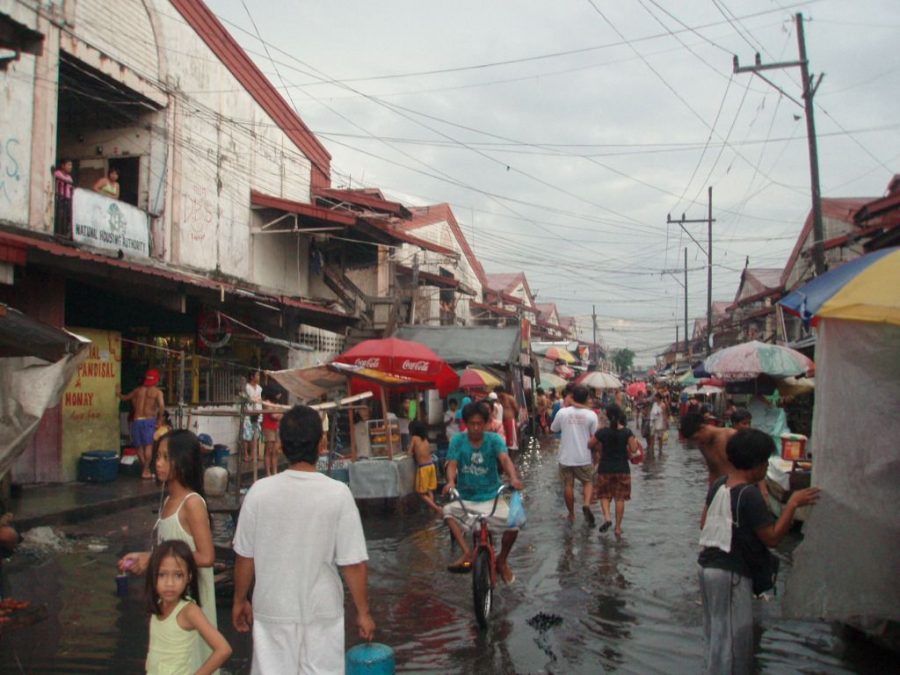
On the 50th Earth Day, it’s long past time to recognize that this overcrowded planet has run out of room to cut us any slack.
By Alan Weisman
Originally published in the Boston Globe Magazine, April 22, 2020
In China, I always admire how when it comes to food, nothing goes to waste. The Chinese eat practically everything: I’ve been served turtle knuckles, gelatin cubes made from duck’s blood, tuna eyeballs, sea horses, bowls of chicken feet, whole songbirds, and, yes, their nests. I once dined in a Chengdu Buddhist temple with biologists who counted more than 30 plant species on our plates.
Since I don’t eat mammals, I’ve avoided horseshoe bats or the endangered, anteater-like scaly pangolins — rare Chinese delicacies that, as we’ve learned, harbor a virus they can tolerate, but humans can’t. But before blaming China for igniting a global pandemic, we should understand why its people are such extreme epicureans: their long, sad history of famines. The last one, just 60 years ago, killed an estimated 40 million people.
Wouldn’t you eat everything you could find, too? Yet the reasons why you don’t have to — so far, anyway — make us all responsible for this plague’s breathtaking explosion, and explain why we can expect more. COVID-19 is a warning to brace ourselves for corrections that nature always makes when a species outstrips its environment.
It’s painful, though, when your own species is the one being corrected.
***
Calling this coronavirus Mother Nature’s revenge is evocative, but ecology — the science of how everything connects — doesn’t require a sentient, angry Gaia to smite us. Nature isn’t some peaceable kingdom from which we’ve strayed. It’s a violent place where big things devour smaller ones, which feed on even smaller ones. Nature’s balance is a bloody pyramid scheme that, since everything’s recycled, actually works, with multitudinous, prolific little critters below constantly being sacrificed to sustain the fewer but larger, more powerful predators above.
Like every other species, we Homo sapiens once mainly spent our time searching for food—searching so far that by the end of the last ice age, we’d reached nearly everywhere but New Zealand. By then, we’d started to notice that seeds would germinate where we spilled them, so we didn’t have to roam as much. Likewise, instead of immediately killing animals, we could capture some to eat later — and, like those crops, we could breed even more.
Since a few farmers can raise food for many, the population grew. But nature had limits: like other species, until fairly recently people died about as fast as they were born. Most children didn’t survive long enough to reproduce, and human life expectancy averaged around 40 years. A few good harvest years might let the settlements that sprouted near fields and water sources boom, until drought or disease regularly knocked their numbers back.
Then, in 1796, a British surgeon discovered a vaccine for one of the most virulent scourges, smallpox. The 1800s brought pasteurization of milk, disinfectants, and even more vaccines and treatments for rabies, anthrax, diphtheria, and tetanus. As life spans lengthened and infant mortality plunged, the nearly flat-line graph of human population rose past 1 billion. After German scientists in 1913 discovered how to suck nitrogen from the air and slather it on the ground, we shot up like a rocket.
No other invention has likely ever impacted the world so much. Previously, that essential nutrient was limited to what a few nitrogen-fixers like beans and legumes added to soils, and to how much manure we could spread. With artificial nitrogen fertilizer, we now grow far more plants than nature ever could; without it, nearly half of us wouldn’t be here. Despite two world wars and the murderous Spanish flu, by mid-century all that extra food pushed us past 3 billion. In the 1960s, after Green Revolution agronomists coaxed wheat, corn, and rice to produce far more grains per stalk, we skyrocketed again.
In nature, no large animal’s population can quadruple in just one century, but we did it by forcing our food supply with chemistry. Unfortunately, the sprays to protect lab-bred crops also slay pollinators and natural pest-controllers. Artificial nitrogen fertilizer sterilizes soil; its runoff fouls downstream waters, and its production emits vast amounts of greenhouse gases. When it degrades, even more wafts skyward. The combined exhaust from our engines, agriculture, industries, appliances, furnaces, and air conditioners has so overloaded our atmosphere that it’s turned on us — turning our seas to carbonic acid, torching our trees, unleashing ticks and mosquitoes, perverting the weather, and sabotaging our future.
Humankind’s presence on Earth is now so lopsided that growing and grazing our food supply requires nearly half the world’s ice-free land, literally pushing other species off the planet. As we invade their habitats, and poach remaining wildlife for market, their resident viruses and bacteria jump to the handiest species left: us. That’s how nearly 75 percent of new infectious diseases this century originated. As temperatures rise, even more will spawn.
With 7.8 billion of us bound tightly by trade and travel, even comparatively weaker contagions like COVID-19 — much less lethal than, say, Ebola — can now trash our economy, crash our lives, and expose how shaky civilization’s scaffolding really is, including our now-flimsy food chain: The few genetically-enhanced monocultures we depend on — try counting the species on your plate — are as susceptible to plagues as we are.
Yet even as we shudder to realize how near collapse looms, we marvel at strangely placid streets, at birdsong, and at glimpses of unexpected animals. Amid our yearning to throng those streets again, COVID-19 reminds us of the natural balance we miss, even to the point of wondering if collapse might not be so terrible.
Following the Spanish flu, this country went on a binge called the Roaring Twenties. But that 1918 pandemic was conflated with a world war; an armistice celebration was inevitable. This one is coupled with a far greater existential threat, from which we’re momentarily distracted. When this coronavirus finally burns out, there’ll still be a deepening climate crisis that will take much longer than any pandemic to abate. Will our deadly brush with COVID-19 help us finally see that nature’s run out of room to cut us any slack?
To get through this century alive, we must stop burning things for energy, and give animals the space they need — as Noah understood, we can’t save ourselves without them. (Underscoring United Nations warnings that we only have until 2030 to keep global warming from waxing out of control, a recent paper in the journal Naturefinds that by then — just 10 years from now — untold thousands of our companion species may be irretrievably beyond their temperature tolerance.)
How best to clear space? Start by educating every girl alive. Rich country or poor, regardless of religion, females who get past high school average fewer than two children apiece, and are indispensable to the social equity needed to engage with problems facing us all. And as we salvage our wrecked economies, let’s discard the notion that growth equals health. Endless economic growth clearly isn’t possible on a planet that doesn’t grow — look where it’s gotten us.
Real health means fewer of us crowding and infecting each other, clear skies and water, ample room to breathe, and thriving wildlife: not for sale, but in its element, where it’s thrilling to see, and where it can keep its microbes and viruses to itself.
Alan Weisman is the author of The World Without Us and Countdown. Send comments to magazine@globe.com.

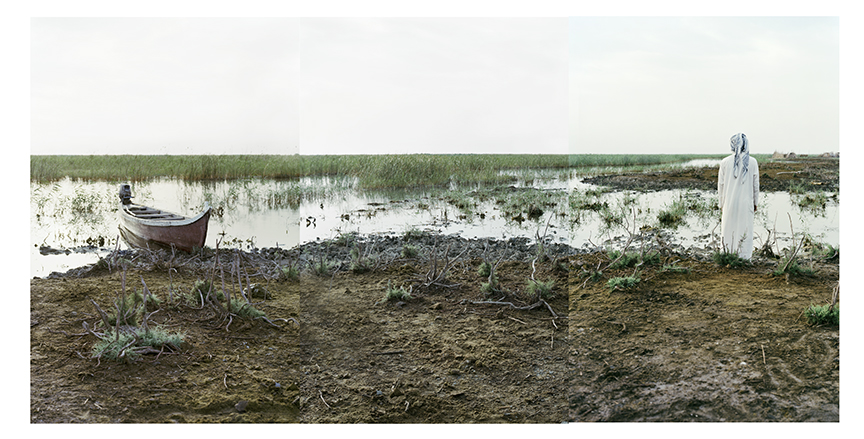
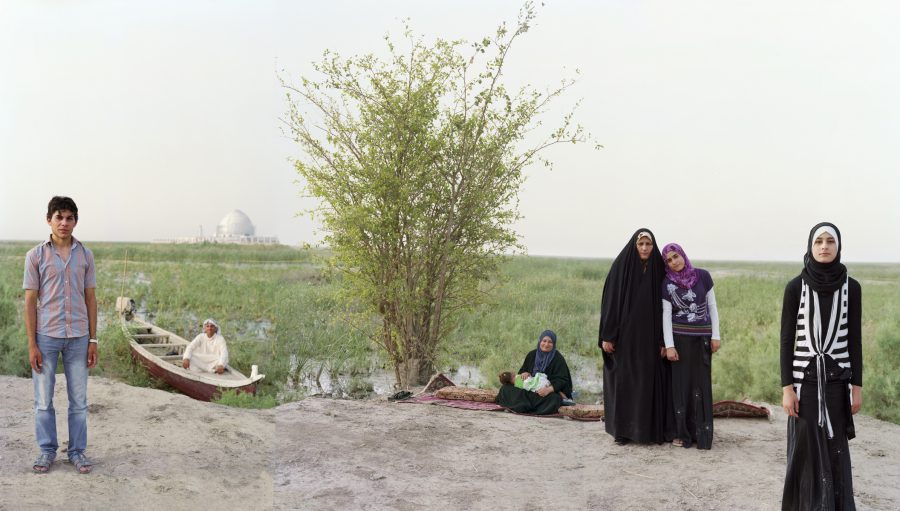
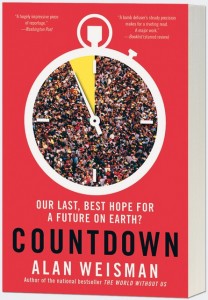
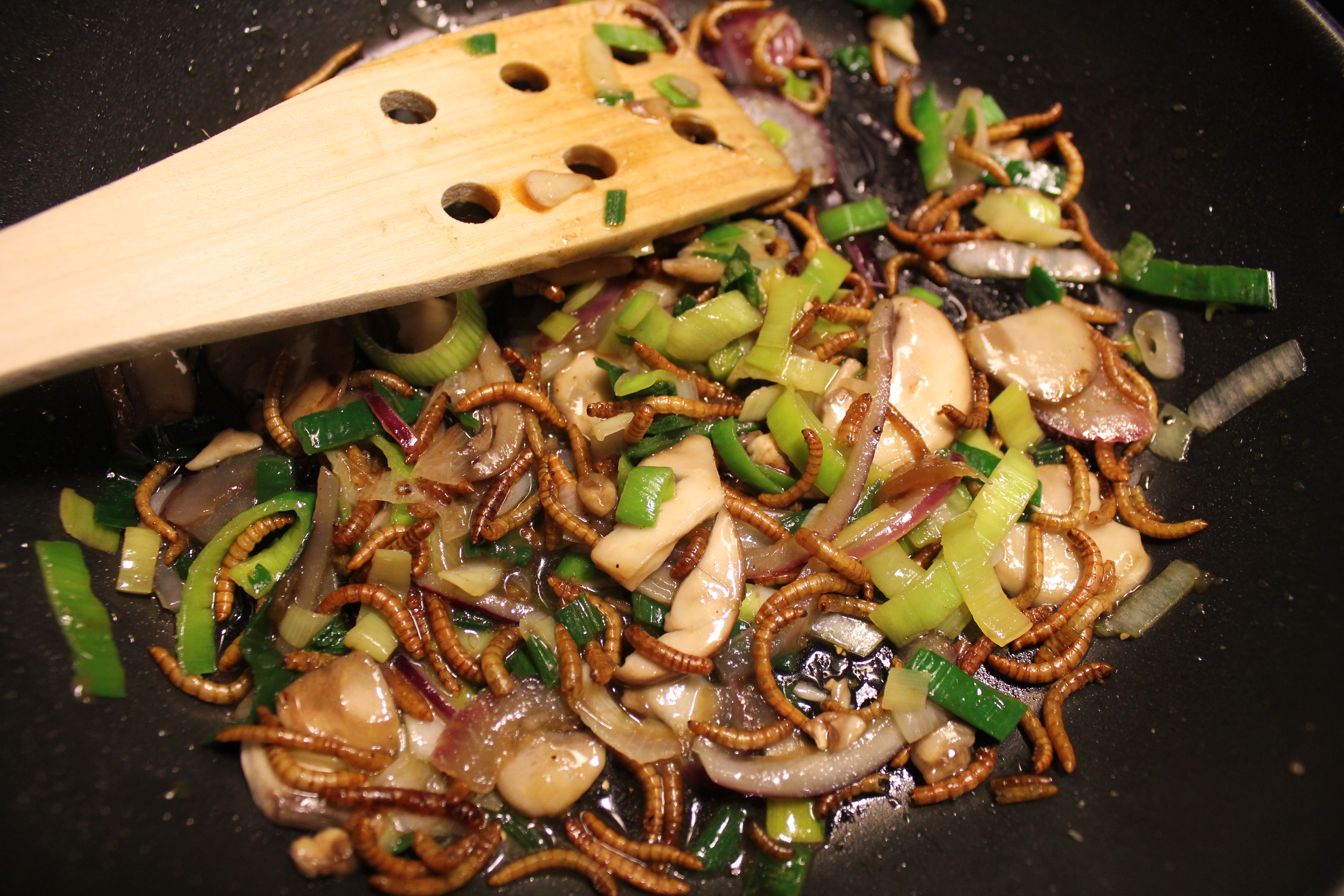
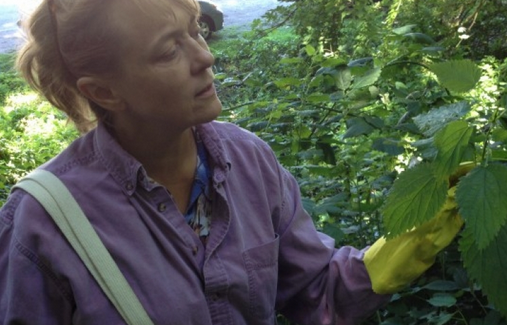
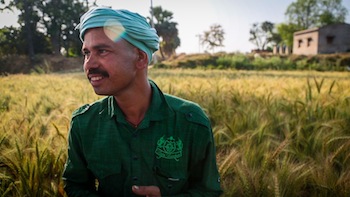
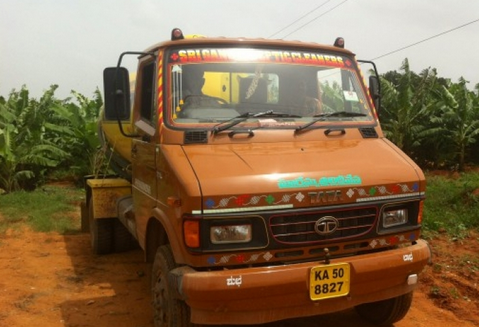
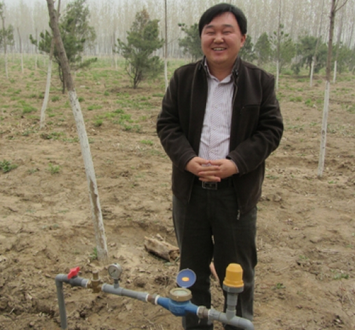
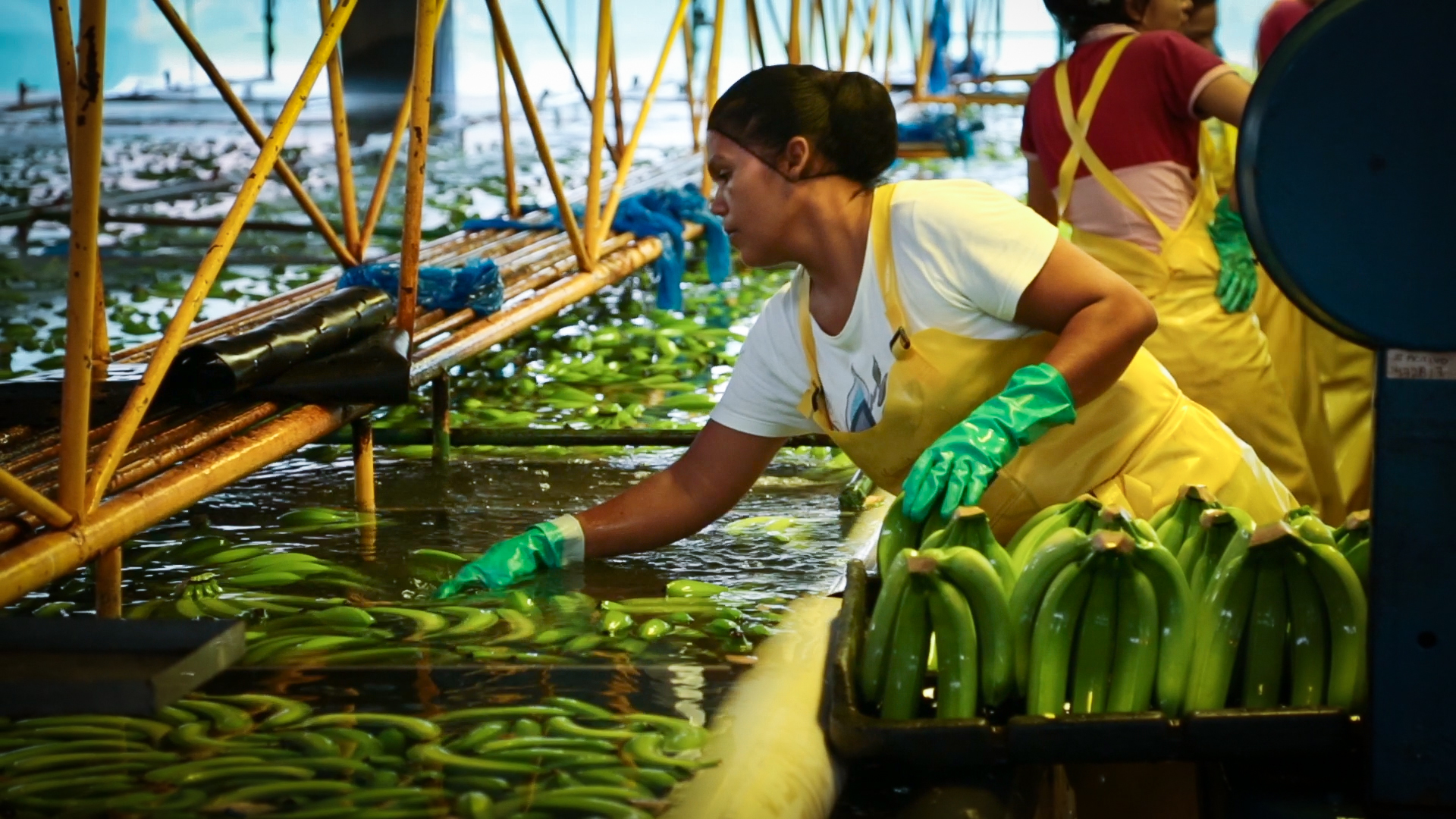
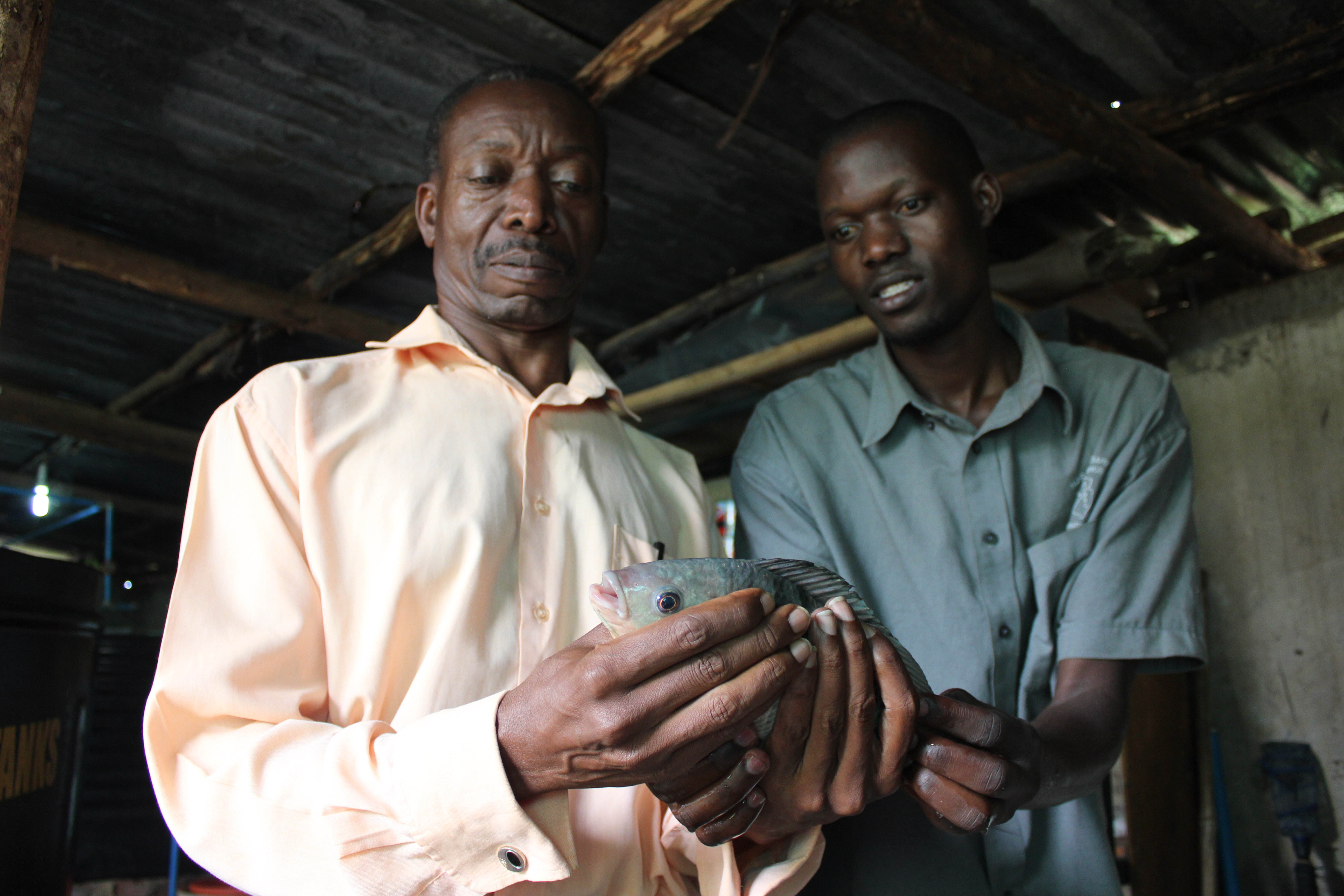
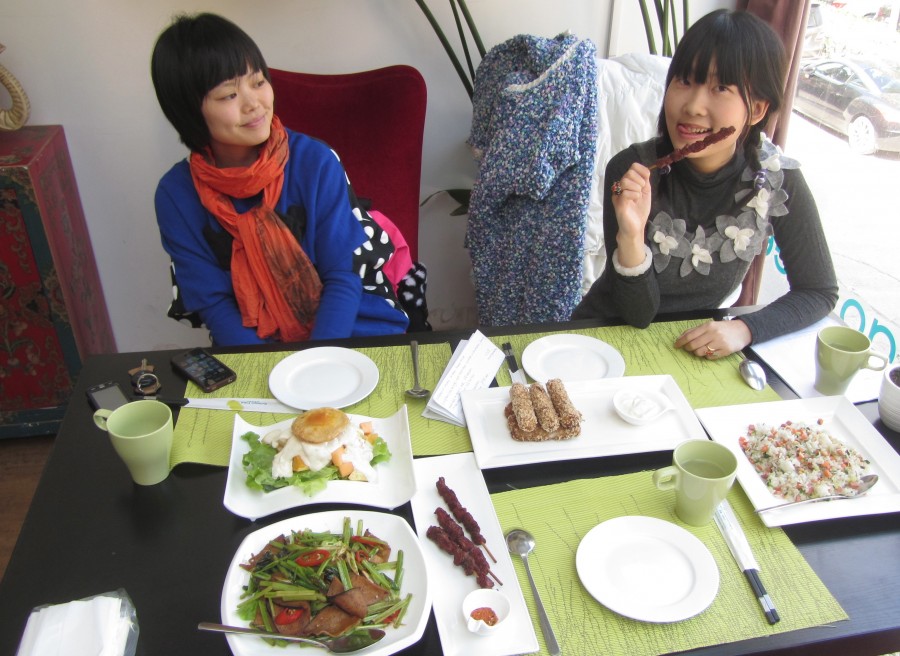
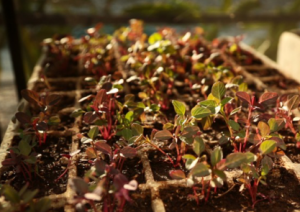
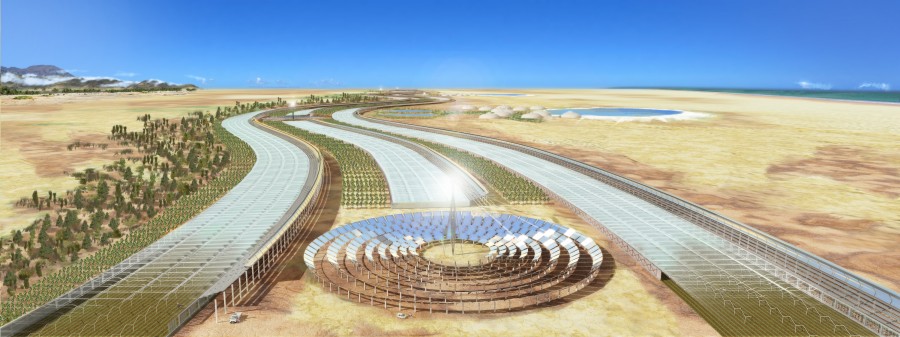
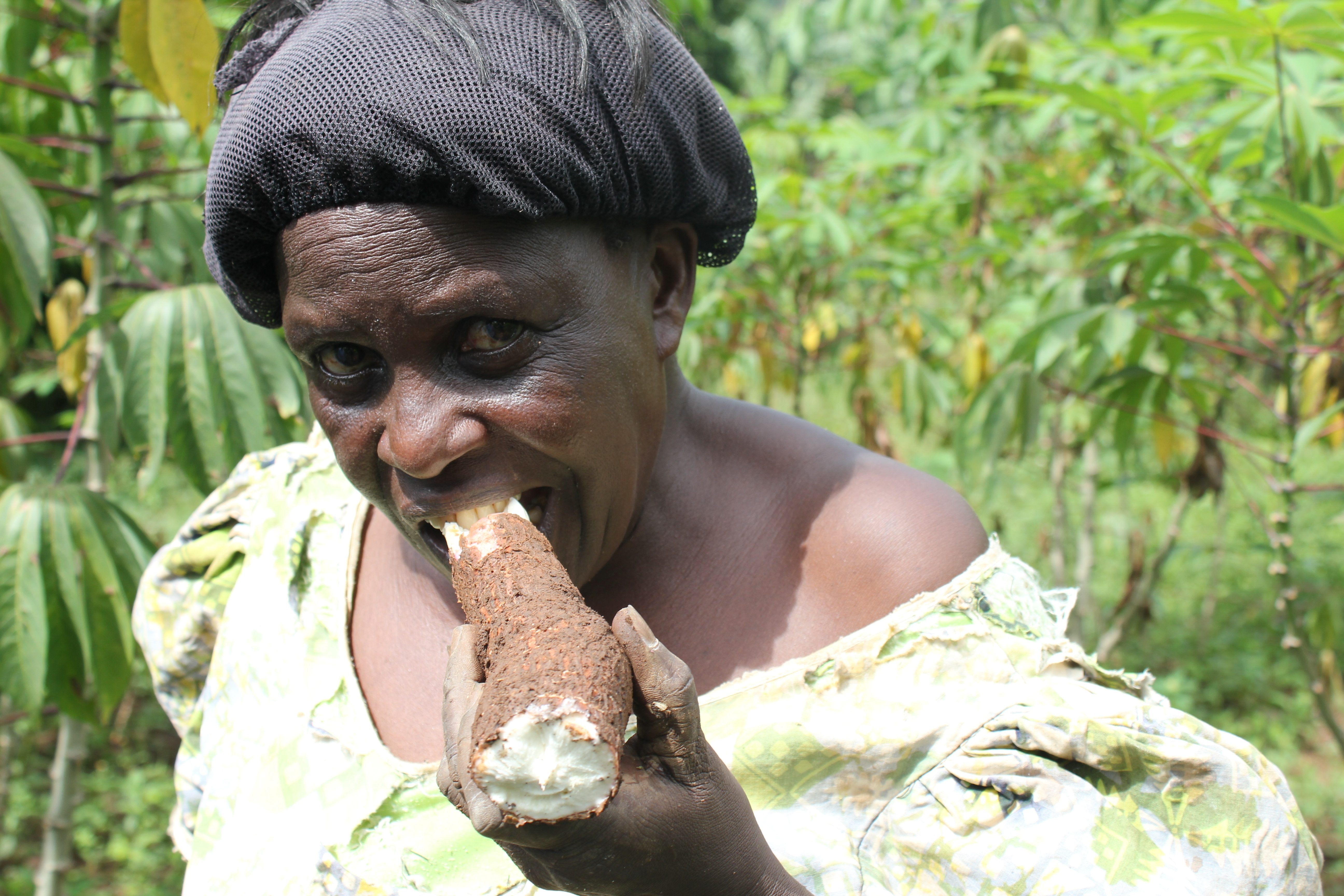
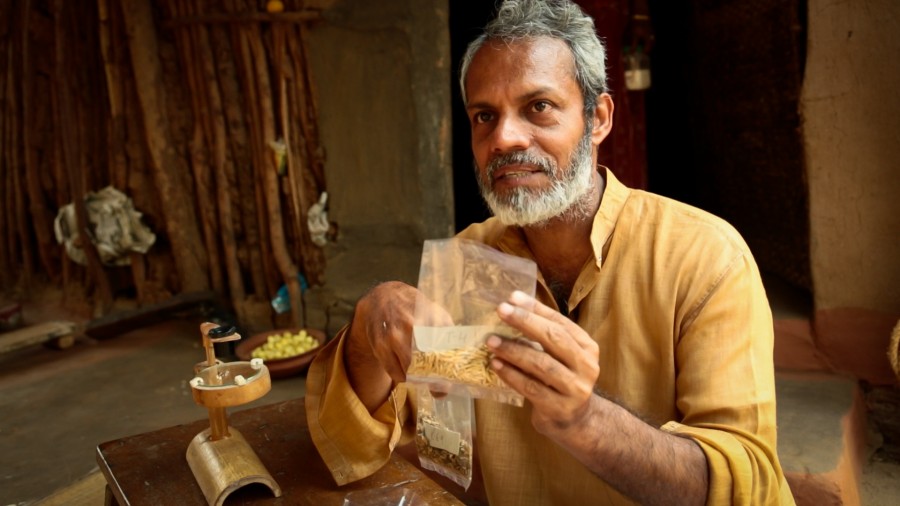
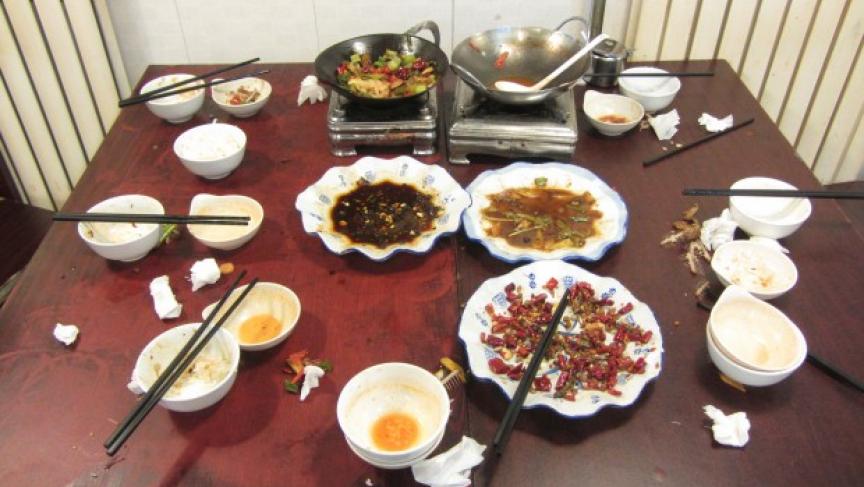
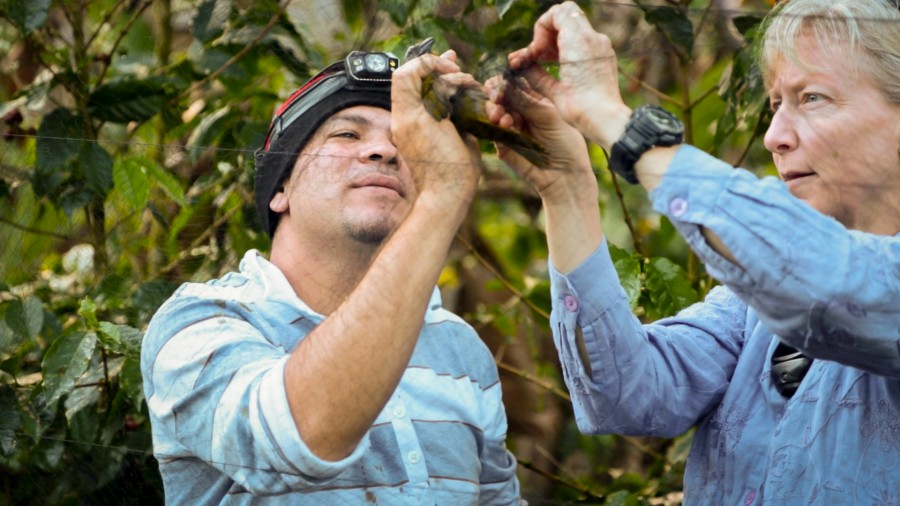
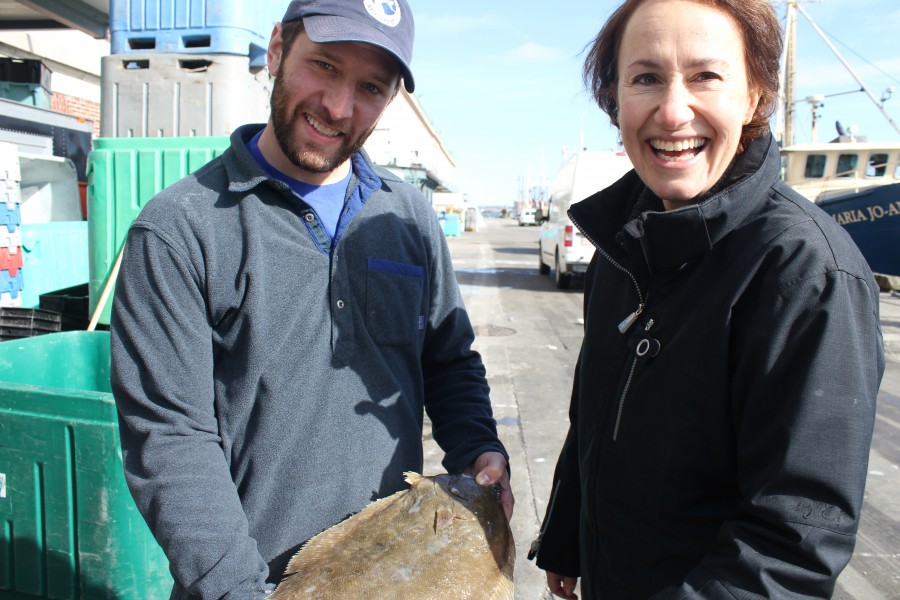

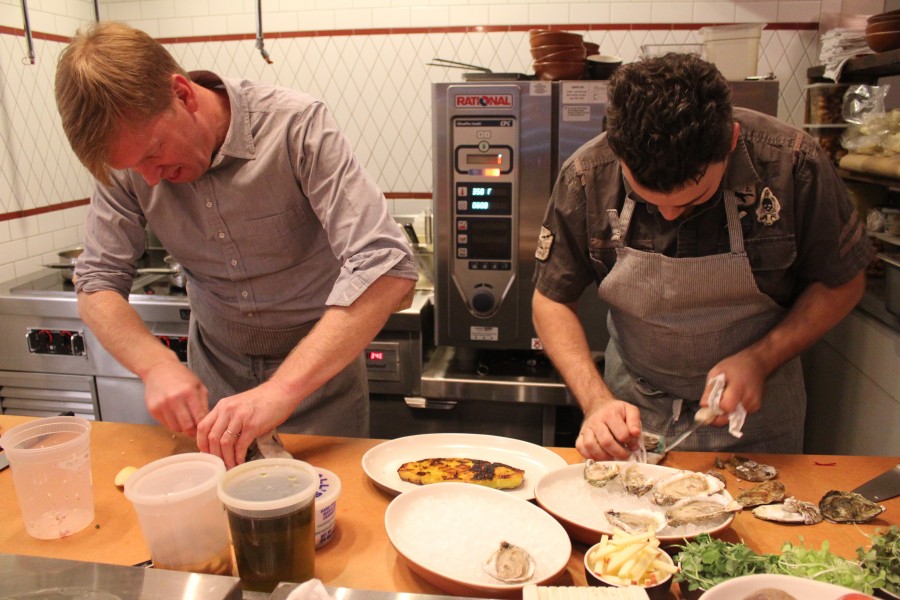

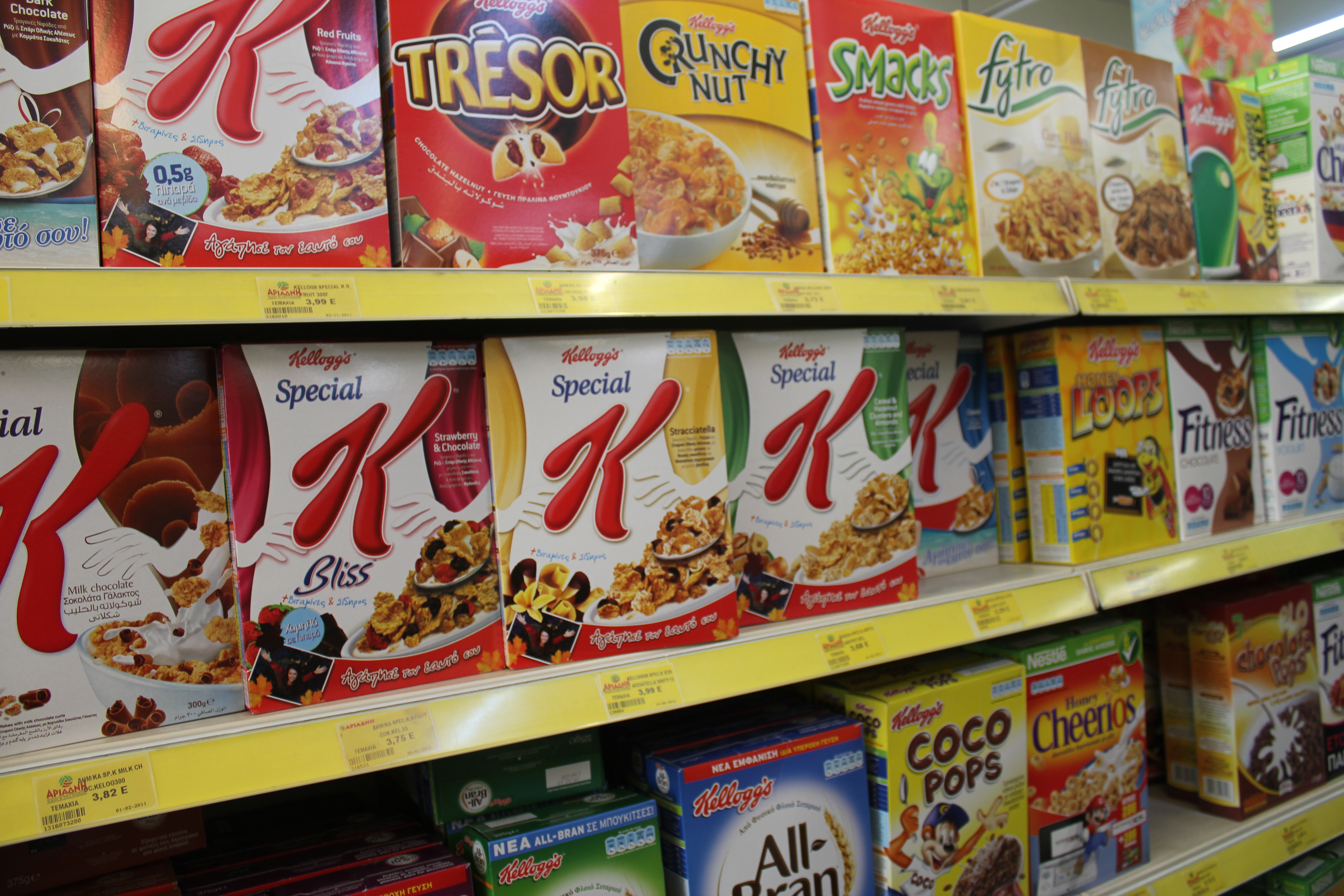
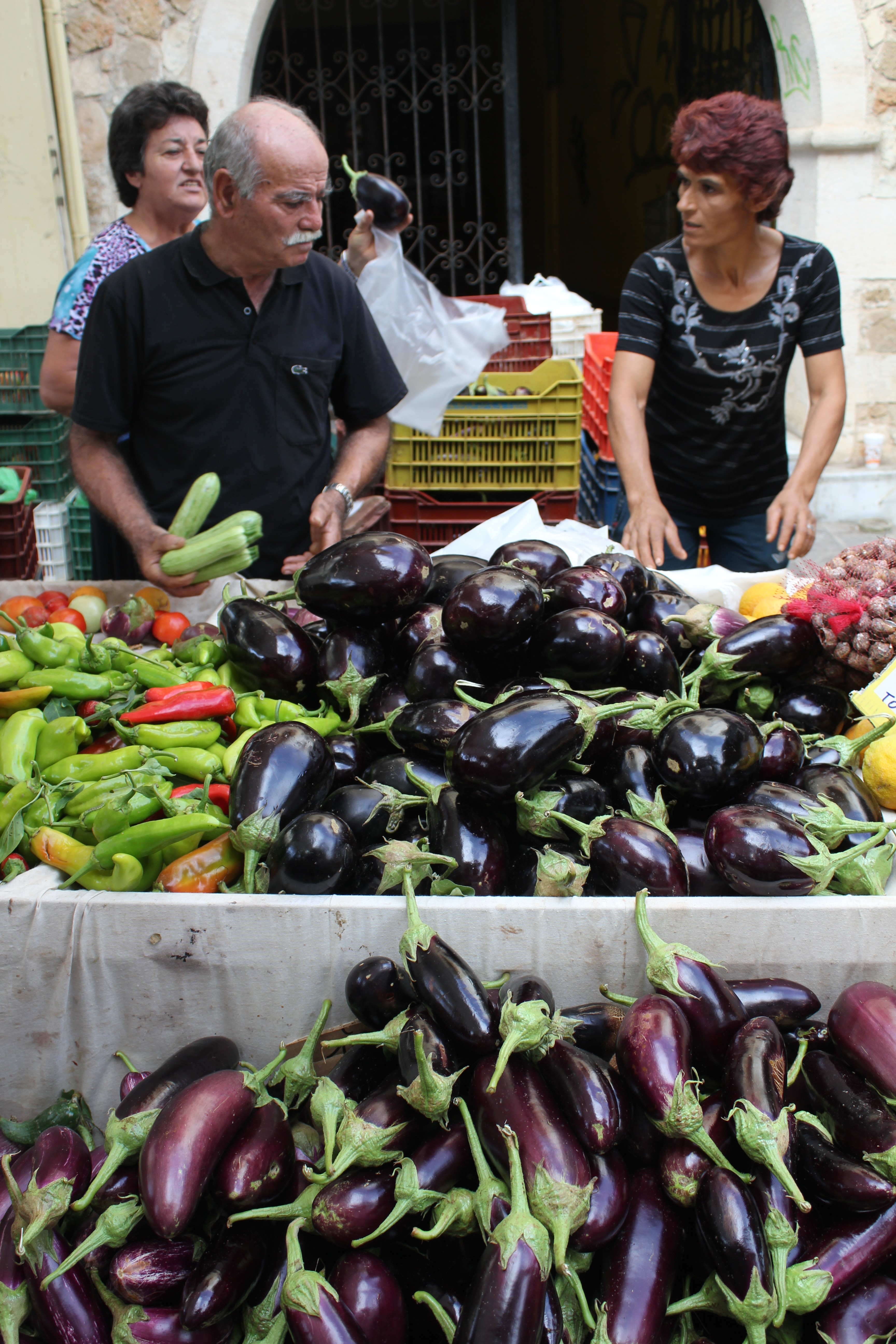
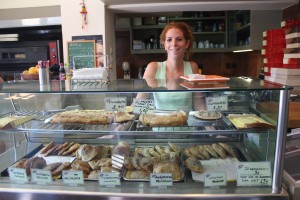
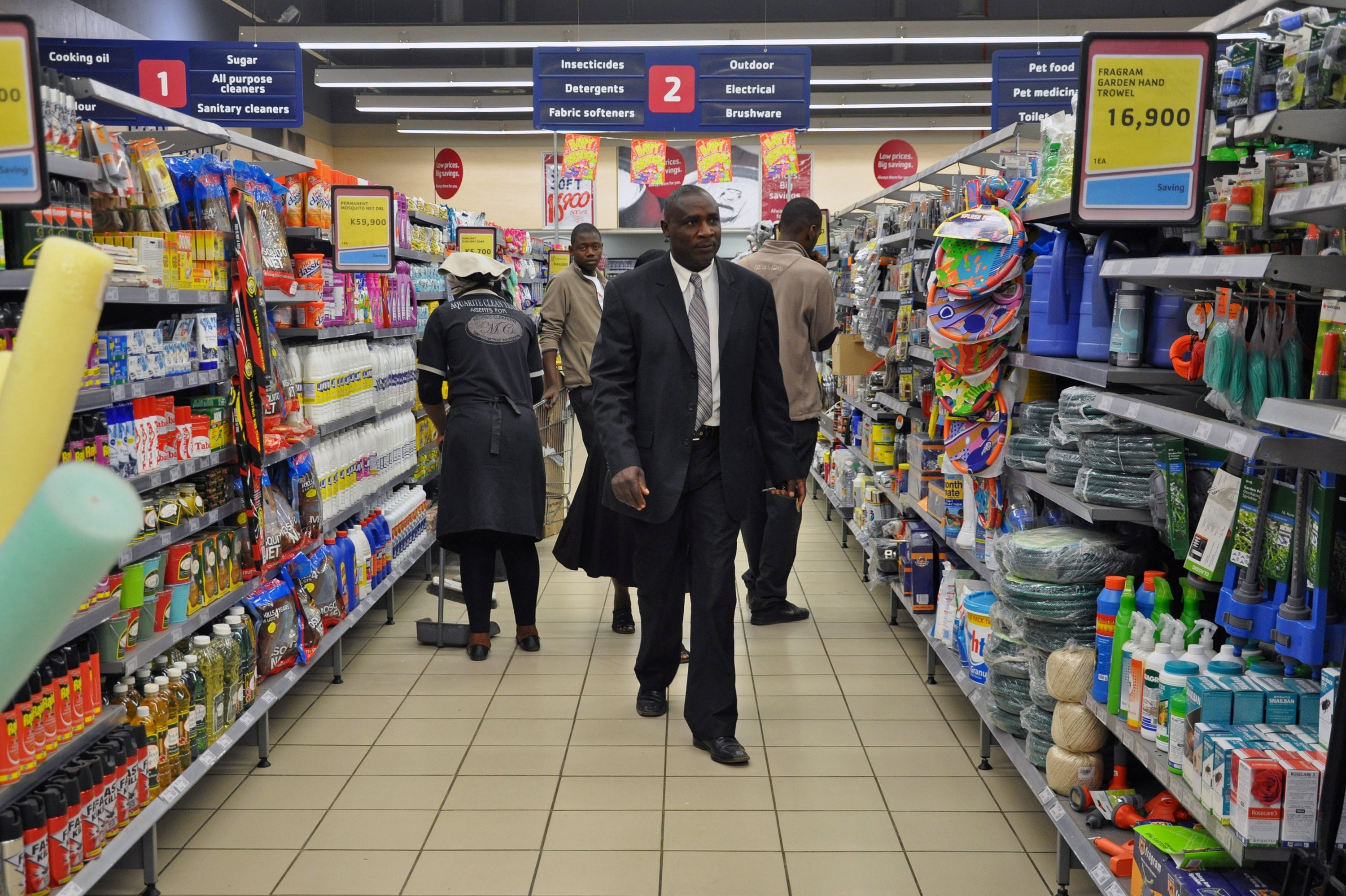
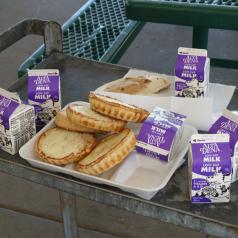


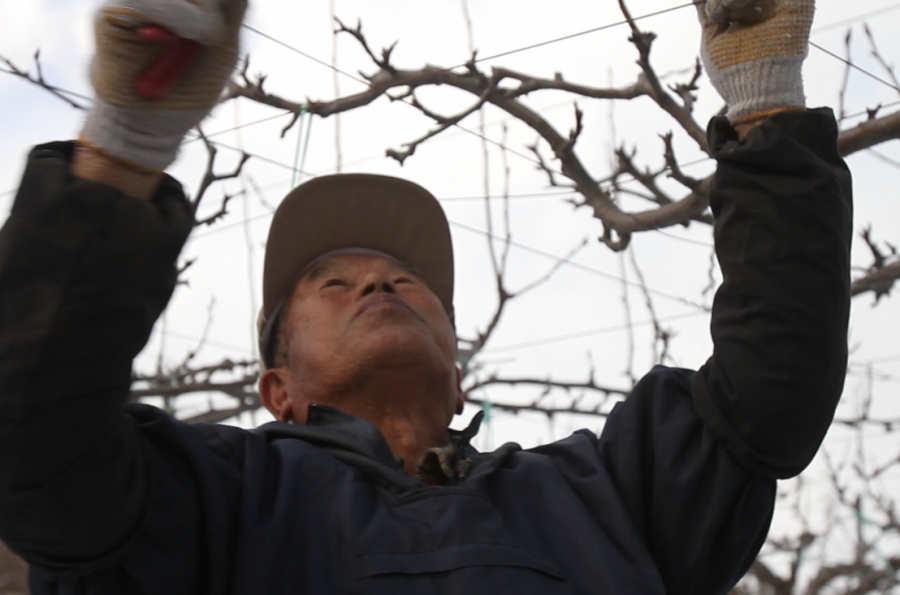
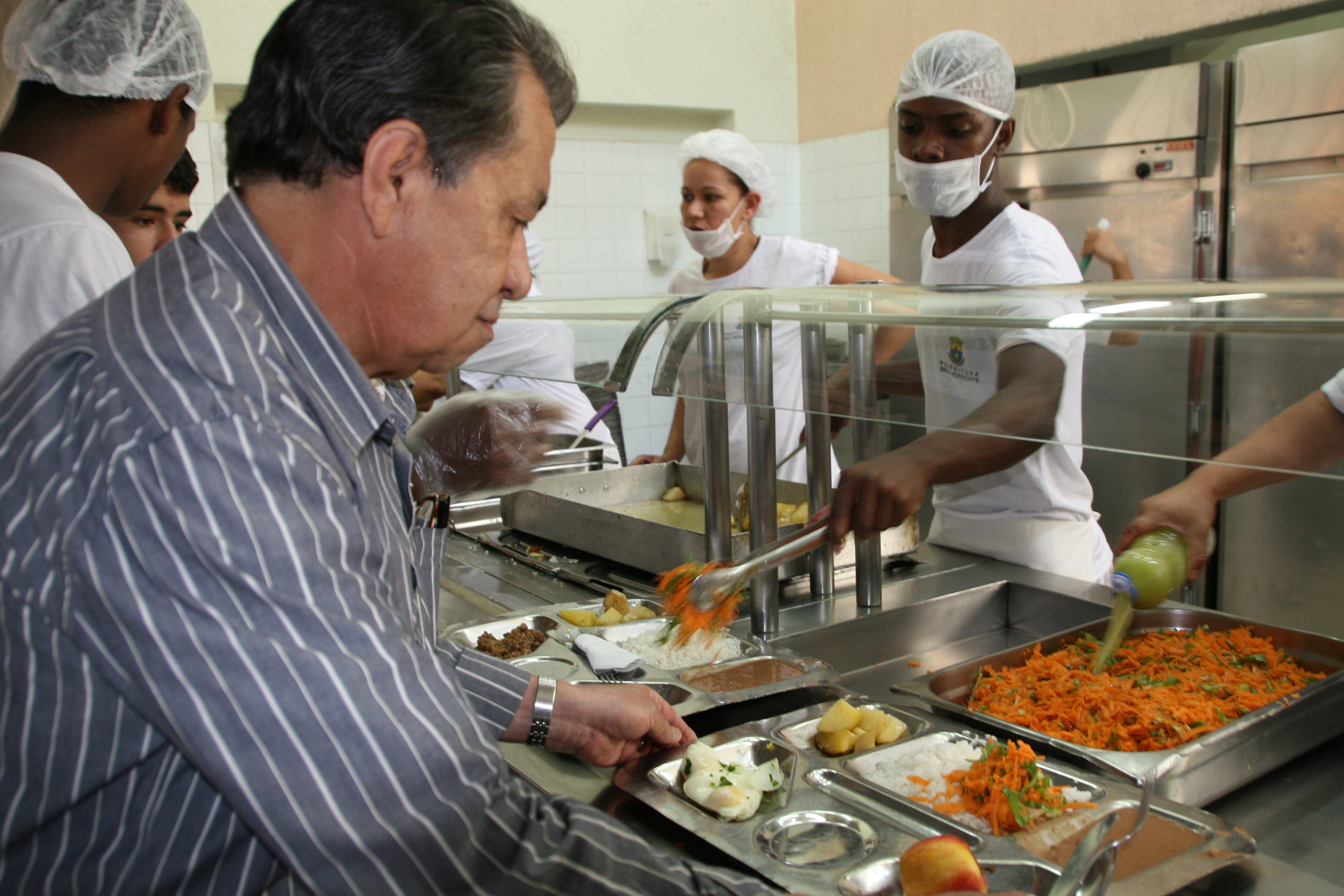
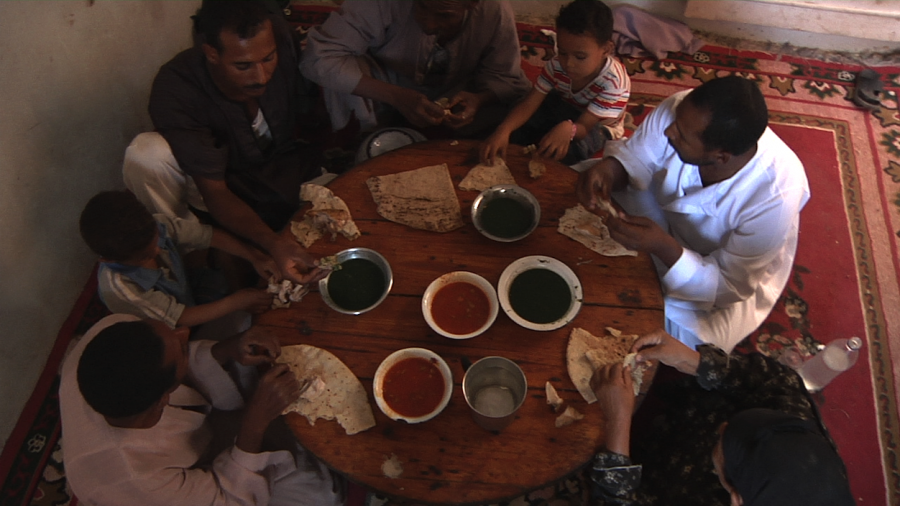
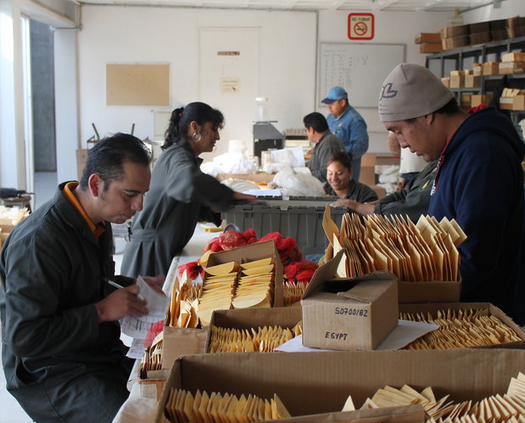
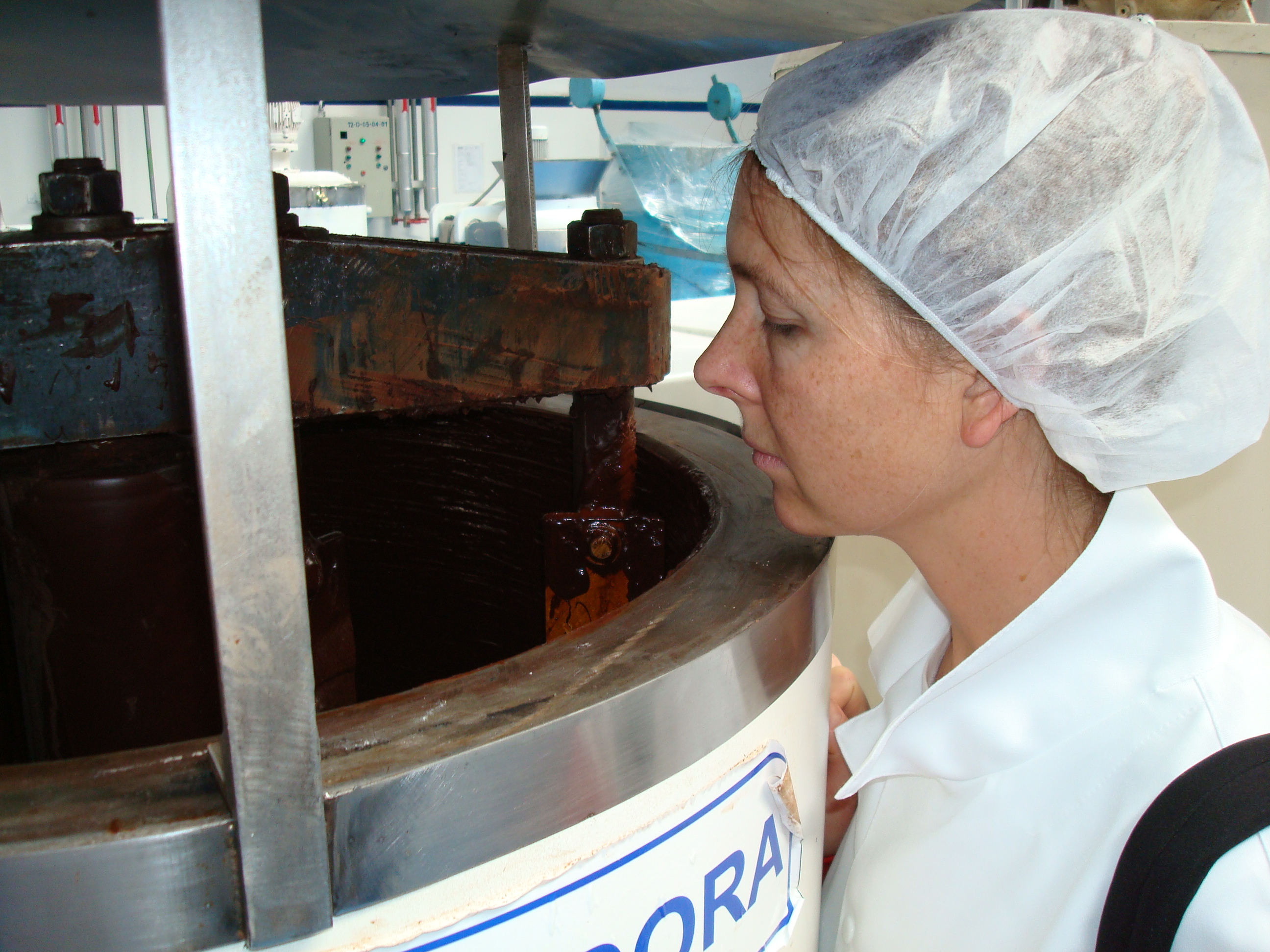 The New York Times called Chloé Doutre-Roussel a “goddess.” International chocolate guru Martin Christy compares her to Joan of Arc.
The New York Times called Chloé Doutre-Roussel a “goddess.” International chocolate guru Martin Christy compares her to Joan of Arc.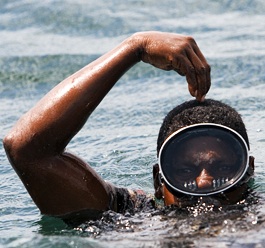 Walk into your local chain restaurant and you can get a lobster tail for around 15 bucks. Ever wonder where the lobster comes from, or why it’s so cheap?
Walk into your local chain restaurant and you can get a lobster tail for around 15 bucks. Ever wonder where the lobster comes from, or why it’s so cheap?